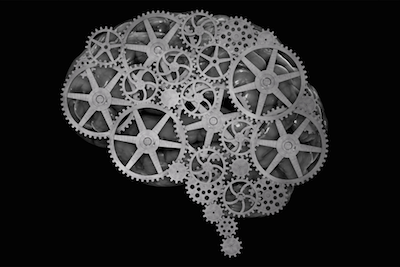When I am working with a student, I consciously avoid using words like “hard” and “easy”, or “right” and “wrong”, or “good” and “bad”.
Why?
Because words represent thoughts and thoughts are energy and energy can weigh you down.
Or lift you up.
I prefer to use words like “familiar” and “unfamiliar” or “accurate” and “inaccurate”
The thing is to learn how to approach a task from a neutral space, just observing what is, without judgement. This creates a space that is conducive to achieving what you have set out to do- the learning & practicing of said task. And this goes along with everything else I’ve brought up before like patience, focus, concentration and any or all of the things that produce what we desire. It is part of being on the path of being an artist.
This subtle method does not usually come naturally to people, especially for myself. I had to learn how to do this & I continually practice these techniques daily. When I implement this simple but effective mental technique, either with my students, or with myself, I see a shift in the overall experience of learning & performing.
Strive to cultivate a positive mindset. By “positive mindset”, I mean that all thoughts connected to the task are focused on a positive outcome. How quickly one progresses, and the quality of the results, are extremely affected by one’s state of mind.
Scientific studies have shown that affirmations- positive words & phrases – can have a significant effect on a person’s ability to achieve their goals. This concept has been explored & implemented extensively in sports, however nowadays these concepts apply to any performance based activity or profession.
And really, it can apply to all of life.
In 1994, Kenny Werner wrote a book called ‘Effortless Mastery‘ and it created quite a stir in the music community worldwide. He managed to completely nail all the issues that musicians face on their quests to grow & evolve. He addressed the negative fear-based mindset that is so prevalent in the psyche of artists of all kinds. To have someone so accurately, like he did, articulate what you are feeling was very profound. I would say that reading that book was a turning point in my path & continues to help me evolve. I use the concepts with every lesson & clinic I teach.
There are many books like this on this subject & I suggest that you investigate them if you ever have challenges with your own self-esteem & confidence as a musician. I have to say, that almost every single person I have ever worked with admits to some amount of struggle when it comes to maintaining a positive mindset the entire time they are practicing, or playing, and especially when they are performing in front of others.
Remember, as you focus your efforts on any task or goal, your mindset is crucial to the outcome.
Maintaining positive & confident thoughts can be the difference between succeeding, or becoming discouraged, wanting to put down the guitar & go take a nap.
(sometimes, I just take a nap with my guitar)
So does stressing these kinds of concepts make me the hippy-trippy new age sensei-guru-teacher?
Maybe.
But I have had much success since I learned how to change my negative thinking into positive affirming thoughts.
And thoughts are energy.



1 Comment
Michelle Pokorny
January 14, 2015Hi Matthew. You should ask me before writing posts about our lessons… just kidding! As you know, I often find it easier to focus on what I’m not doing well, or what is challenging rather than ways I can and am making progress. Mindset is an interesting concept and has prouder context, which can inform how best to provide feedback and praise, and help improve the mindset of struggling students!
Studies by renowned psychologist Carol Dweck have found that how or what you praise others for can develop a ‘growth’ or a ‘fixed mindset’. In a fixed mindset, people start to consider their basic qualities, like intelligence or talent, as fixed traits. They were likely praised by parents or teachers for achievements with something like “you are so good at that” or “so smart” or “so creative” or “so talented”. So, when things don’t come easy, “well I must not be talented enough” can be the natural response.
On the flip side, in a growth mindset, people are praised for and begin to believe their abilities can be developed through practice, process, dedication and hard work— brains and talent are just a starting point. This mindset enables a greater love of learning, willingness to take on challenges and a resilience that is essential for great accomplishments – like getting a new chord to ring or lifting and actually replacing fingers on the right strings!
Thanks for always reminding me of how far I’ve come, even if the distance seems small by my personal standards:-)
Leave A Response